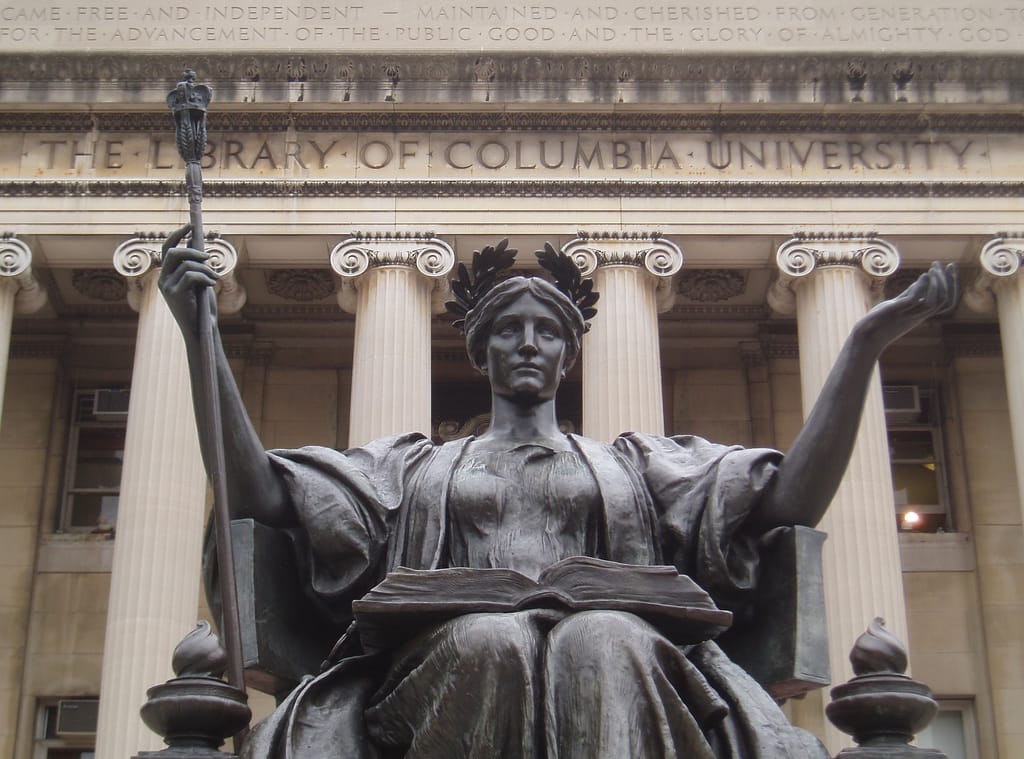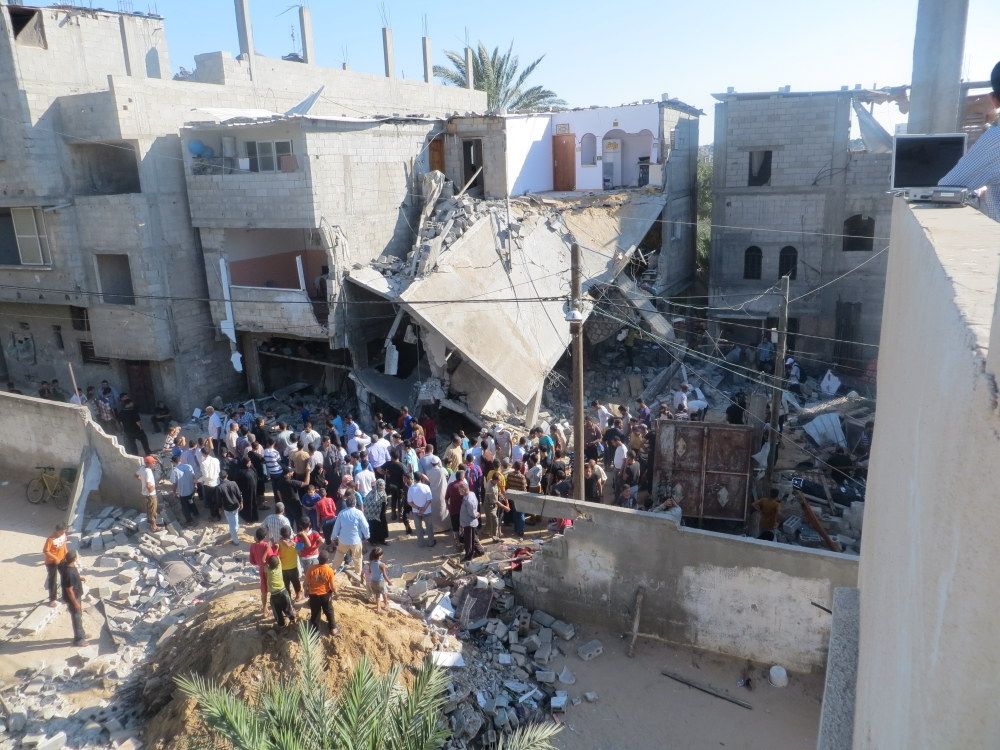Did Columbia University Breach Free Speech Rules?
The recent suspension of Students for Justice in Palestine (SJP) and Jewish Voice for Peace (JVP) at Columbia University, due to alleged policy violations during campus events, has ignited discussions on free speech

In a recent development at Columbia University, two student groups, Students for Justice in Palestine (SJP) and Jewish Voice for Peace (JVP), have been suspended due to alleged violations of university policies regarding campus events. The suspension entails a loss of university funding and the inability to host events on campus. The decision has elicited both protests and debates concerning free speech and the definition of antisemitism. The primary reason behind the suspension, as cited by the university, is ensuring campus safety.

Free speech rules
Advocates of SJP argue that the group is exercising its right to free speech by advocating for the freedom of Palestinians from what they perceive as an apartheid regime. They contend that allegations of antisemitism and support for terrorism are baseless, asserting that SJP's views are protected under the First Amendment. Conversely, opponents of SJP claim that the group propagates anti-Israel propaganda often infused with inflammatory and combative language. They further accuse SJP of endorsing violence and glorifying terrorists who have attacked Israel. Opponents argue that these activities contribute to antisemitism on campus and violate university policies related to hosting events, thereby creating an unsafe environment for Jewish students.
The contentions against SJP's activities are multifaceted, often revolving around the Israel-Hamas conflict. Critics assert that SJP has engaged in unlawful practices, including promoting violent anti-Israel messaging and pro-Hamas content, which violates civil rights laws and compromises the safety of Jewish students. Some critics advocate for the deactivation of SJP chapters, citing state laws that criminalize providing support to designated foreign terrorist organizations like Hamas. They also argue that SJP's activities extend beyond the boundaries of free speech, leading to confrontations and intimidation of pro-Israel students on campus. Additionally, opponents claim that SJP's one-sided approach to the Israeli-Palestinian conflict, characterized by the demonization of Zionism, fosters a hostile and divisive campus environment.
Mideast conflict on Campus
A separate aspect of the Israeli-Hamas conflict pertains to recognizing it as a dispute involving competing national narratives and land ownership. Experts highlight the historical competition for the land as well as the role of external political players in shaping the conflict. Acknowledging the deep-rooted historical claims of both the Palestinian and Jewish communities, proponents argue that it is essential to consider the intergenerational trauma experienced by both groups. They emphasize the failure of previous peace efforts, like the Oslo Accords, and the power imbalance that challenges the establishment of a Palestinian state alongside Israel. This perspective emphasizes the need to acknowledge the complex historical and emotional dimensions of the conflict.
Furthermore, proponents argue that militarization and violence cannot offer a sustainable solution to the requests for freedom, dignity, and security of the people involved. Recognizing the legitimate claims of both Palestinians and Israelis to the land, they advocate for seeking common ground based on international law and norms. However, critics contend that organizations like SJP often present the conflict as a one-sided moral issue, with Israelis, Zionists, and even Jews portrayed as oppressive colonizers, and Palestinians, including designated terrorist groups like Hamas, depicted as innocent victims of colonialist racism. This perspective, critics argue, impedes the search for common ground and perpetuates a divisive narrative.
SJP and JVP sanctioned
The recent suspension of Students for Justice in Palestine (SJP) and Jewish Voice for Peace (JVP) at Columbia University, due to alleged policy violations during campus events, has ignited discussions on free speech and campus safety. While advocates argue that SJP is exercising its right to free speech and advocating for the freedom of Palestinians, opponents believe that the group disseminates anti-Israel rhetoric and creates an unsafe environment for Jewish students. The ongoing debate surrounding SJP's activities reflects wider tensions related to the Israeli-Palestinian conflict, free speech, and campus safety.


